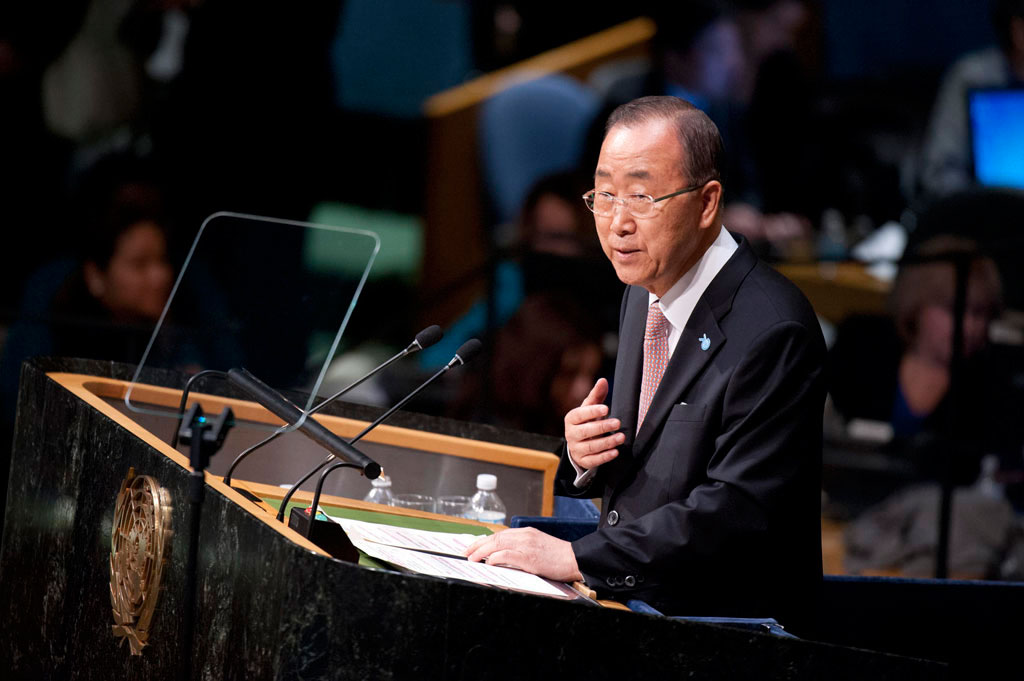
First Investment Forum for Sustainable Metropolises Now Open
How to get financial support to your urban projects
"Access to finance is critical when developing and ensuring the long-term sustainability of a city." —Maimunah Mohd Sharif, Executive Director of UN-Habitat
We live in a metropolitan era—large cities with spread-out suburbs, complex agglomerations, and a diversity that connects us both locally and globally.
These spaces are home to millions who need access to the resources and public services that will ensure both quality of life and the ability to develop livelihoods.
Cities are often seen as engines of productivity, they drive economic growth and innovation. However, without proper planning and governance, their potential can be limited, and their sustainability can be compromised. One important aspect of this planning is the alignment of spatial and economic development to facilitate access to finance.
But to ensure access to finance, city managers must consider a range of financing options. These include traditional sources of public finance, such as own revenues, tax revenue, and borrowing, as well as private sector investment, such as public-private partnerships (PPPs) and other forms of joint investment.
At the same time, city managers must ensure that these financing strategies are sustainable over the long term. By doing so, cities can become engines of productivity and transformation, driving the change needed to achieve more sustainable societies in the years to come.
Since the adoption of the Sustainable Development Goals and the Paris Agreement in 2015, a growing number of credit lines and investment funds have been set up by both public and private financial stakeholders to support urban projects throughout the entire project lifecycle—from origination and preparation to under-writing and de-risking.

Delegations and participants at the opening of the UN Sustainable Development Summit, New York 2015. UN Photo/Kim Haughton
Despite this increased availability of tools and capital, a large number of local and regional governments remain largely unable to access the quantity and quality of finance needed for long-term services and infrastructure, which is essential for example to invest in low-emission and climate-resilient urbanisation.
Out of all the infrastructure that will be in place globally by 2050, recent estimates show 75% has yet to be built, and most of this development will take place in urban areas. With a global urban population expected to reach 6.7 billion by 2050 (adding 2.5 billion urban dwellers compared with current levels) the volume and the quality of urban-related infrastructure investment will need to grow.
But as of today, less than 10% of total funding disbursed by global climate funds goes to local climate investments, a figure that drops to only 3% on the African continent.
In this context, the market of subnational finance faces a systemic failure —particularly pronounced in the Global South— by which a substantial supply of available resources and capital remains largely unspent despite an increasing demand for infrastructure investment. Multiple factors explain this market failure, including inappropriate institutional frameworks, the lack of local capacity and expertise, limited creditworthiness of local governments, as well as specific barriers from private investors (e.g. complex due diligence, minimum level of investment etc.).
In light of these multiple challenges, FMDV, a global network of local governments dedicated to developing solutions to finance just and sustainable urban transitions, jointly with Metropolis has developed the Investment Forum for Sustainable Metropolises. Held on 15 June during the 14th Metropolis World Congress, the Forum will mobilise political representatives of metropolises and their teams, development financing institutions, United Nations agencies, public and private investors as well as service providers around the themes of financing and investment in metropolitan projects.
The Forum aims to become a space that connects urban projects to bilateral and multilateral development lenders, connecting urban projects with adequate funding and financing opportunities, from project preparation facilities to donors, investors, and guarantees instruments.
The first Investment Forum for Sustainable Metropolises is now open for proposals. More information is available here.

